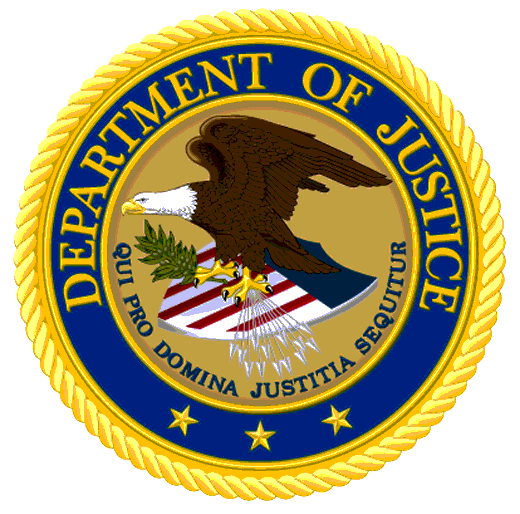The FBI's headquarters, the J. Edgar Hoover Building, is located in Washington, D.C. Fifty-six field offices are located in major cities throughout the United States, and there are over 400 resident agencies in smaller cities and towns across the country. More than 50 international offices called "legal attachés" are in U.S. embassies and consulates general worldwide.
The FBI was established in 1908 as the Bureau of Investigation (BOI). Its name was changed to the Federal Bureau of Investigation (FBI) in 1935.
The FBI's main goal is to protect and defend the United States, to uphold and enforce the criminal laws of the United States, and to provide leadership and criminal justice services to federal, state, municipal, and international agencies and partners.
The federal government has the primary responsibility for investigating and prosecuting serious crime on Indian reservations.
The FBI has criminal jurisdiction in "Indian Country" (the official name for the program) for major crimes under the "Indian Country" Crimes Act (Title 18, United States Code, Section 1152), the Indian Country Major Crimes Act (Title 18, United States Code, Section 1153), and the Assimilative Crimes Act (Title 18, United States Code, Section 13). The 1994 Crime Act expanded federal criminal jurisdiction in Indian Country in such areas as guns, violent juveniles, drugs, and domestic violence. Under the Indian Gaming Regulatory Act, the FBI has jurisdiction over any criminal act directly related to casino gaming. The FBI also investigates civil rights violations, environmental crimes, public corruption, and government fraud occurring in "Indian Country."
The FBI does not specifically list crimes in Native American land as one of its priorities. Often serious crimes have been either poorly investigated or prosecution has been declined. Tribal courts can only impose sentences of up to three years, and even then under certain restrictions.
Indian reservations often use their own investigative agency for crimes within its reservations, the Bureau of Indian Affairs, which is an agency of the U.S. Department of the Interior. The FBI's mandate is established in Title 28 of the United States Code (U.S. Code), Section 533, which authorizes the Attorney General to "appoint officials to detect... crimes against the United States." Other federal statutes give the FBI the authority and responsibility to investigate specific crimes. J. Edgar Hoover began using wiretapping in the 1920s during Prohibition to arrest bootleggers. A 1927 case in which a bootlegger was caught through telephone tapping went to the United States Supreme Court, which ruled that the FBI could use wiretaps in its investigations and did not violate the Fourth Amendment as unlawful search and seizure as long as the FBI did not break in to a person's home to complete the tapping. After Prohibition's repeal, Congress passed the Communications Act of 1934, which outlawed non-consensual phone tapping, but allowed bugging. In another Supreme Court case, the court ruled in 1939 that due to the 1934 law, evidence the FBI obtained by phone tapping was inadmissible in court. A 1967 Supreme Court decision overturned the 1927 case allowing bugging, after which Congress passed the Omnibus Crime Control and Safe Streets Act, allowing public authorities to tap telephones during investigations, as long as they obtain a warrant beforehand.
The FBI was established in 1908 as the Bureau of Investigation (BOI). Its name was changed to the Federal Bureau of Investigation (FBI) in 1935.
The FBI's main goal is to protect and defend the United States, to uphold and enforce the criminal laws of the United States, and to provide leadership and criminal justice services to federal, state, municipal, and international agencies and partners.
Federal Bureau of | Federal Bureau | U.S. Federal Bureau of | Investigation (FBI) | The Federal Bureau of |
Federal Bureau of | FBI (United States Federal |  Federal Bureau | Federal Bureau of |  the Federal Bureau of |
The FBI does not specifically list crimes in Native American land as one of its priorities. Often serious crimes have been either poorly investigated or prosecution has been declined. Tribal courts can only impose sentences of up to three years, and even then under certain restrictions.
bureau of investigation\x26#39; |  The Federal Bureau of |  download Federal Bureau Of | The Federal Bureau of | FBI Director Robert Mueller |
Ice Hockey News. The Federal | Federal Bureau of | Federal Bureau of | CRB. A picture taken from | the U.S. Federal Bureau of |
No comments:
Post a Comment